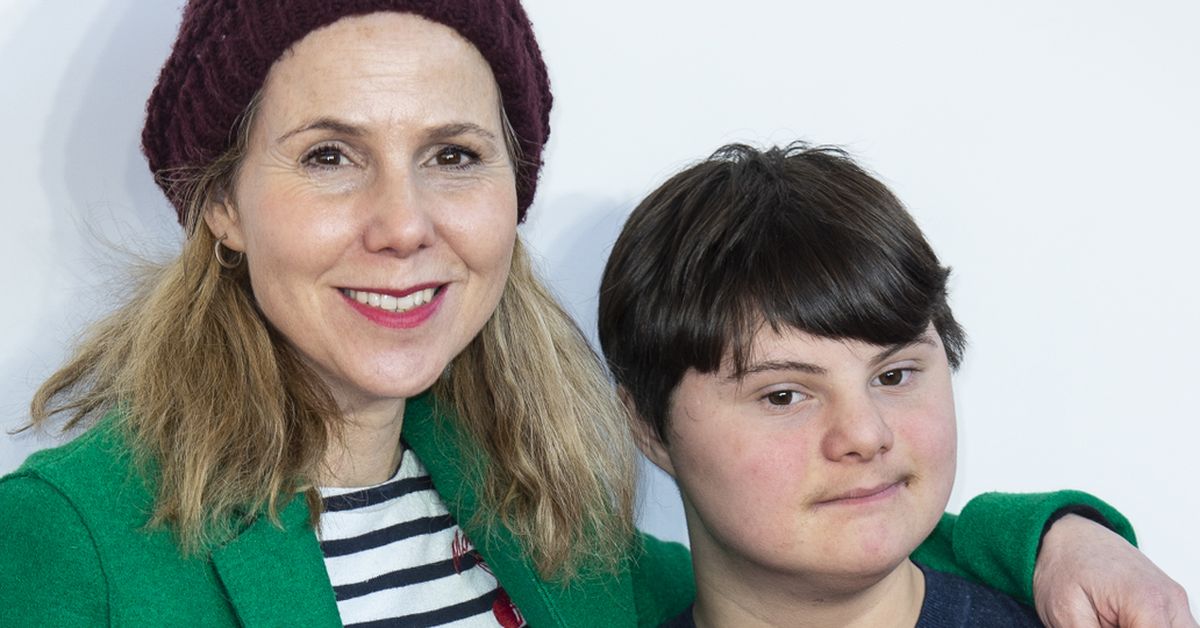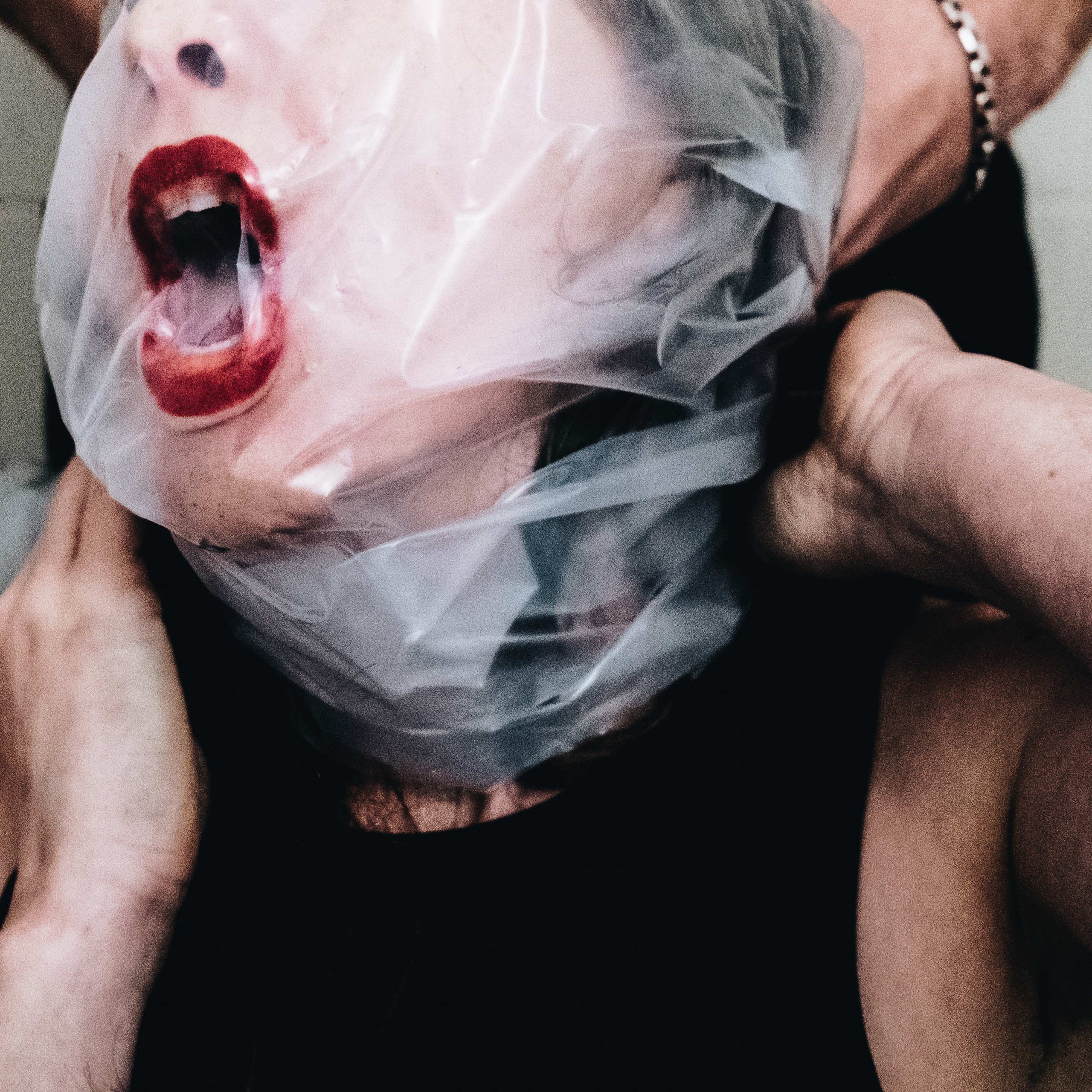The Berlinale has posted a set of questions and answers on its home page laying out its position on freedom of expression, antisemitism and support for Palestinian, as it gears up for the opening of its 75th edition on Thursday against a politically charged backdrop.
The post shuts down a rumor that the wearing of clothes or symbols showing solidarity with Palestine is prohibited at the festival but does caution against the use of certain language around the Israel-Gaza conflict.
The 75th edition follows a tumultuous 2024 festival, riven by internal disputes, firstly over invites to members of the far-right, anti-immigrant AfD party, then over its stance on the war in Gaza, which spilled into the closing night when winners and jury members criticized Israel’s military campaign, sparking accusations of antisemitism by local politicians.
This year’s edition is set to unfold in equally choppy political waters.
The Middle East conflict looks likely to loom large yet again with pro-Palestinian organization Strike Germany renewing calls for cultural workers to boycott the festival and European Film Market in recent weeks, although it remains to be seen whether this campaign gathers traction.
The body has accused the Berlinale and parent body, the Berlin cultural organisation KBB, of stifling free speech around the issue of Palestine, and last year reported that they had evidence that a part-time staffer had been sanctioned for using the phrase “from the river to the sea” in an internal email.
Local politics are also on a knife-edge due to the rise of the far-right, anti-immigrant Alternative for Germany party, or AfD, ahead of general elections on February 23, which has led to street protests in Berlin in recent weeks.
Incoming director Tricia Tuttle – who took over from co-directors Carlo Chatrian and Mariette Rissenbeek after last year’s edition – appears to be seizing the ball by the horns in terms of regulating the tone of the debate at the festival.
The Q&A quashed a rumour that the wearing of clothes or symbols suggesting solidarity with Palestine was prohibited at the festival.
The Berlinale said it had been sparked by the ambiguous wording of the regulations for the KBB, and that it had sought clarification.
“The paragraph in question referred solely to a standard German legal provision regarding the wearing and use of prohibited symbols and signs that are demonstrably punishable by law, such as the swastika. Wearing or displaying other signs and symbols of national or political expression or solidarity (e.g. a watermelon pin, a Keffiyeh, etc.) is not forbidden and is fully covered by freedom of expression laws,” said the festival.
But the festival did raise a red flag over the use of certain language in relationship to the Middle East conflict, notably the phrase, “from the river to the sea”.
Referring to the area between the Jordan River and Mediterranean, which houses both Israel and the West Bank, the phrase has been interpreted, on one hand, as calling for the end of Israel, on the other, for Palestinians to able to live freely and equally in the territory.
“As a festival team we feel great empathy for people who feel excluded by language and it is our sincere hope to create spaces where everyone feels they can join in the dialogue. Most dialogue related to the Israel/Gaza conflict is considered an expression of personal opinion and therefore protected by law.,” reads the Berlinale Q&A.
“However, the phrase ‘From the River to the Sea’ requires particular care, and there have been cases where it has been prosecuted in the state of Berlin,” it continues.
“More generally, some language may have additional cultural significance in Germany because of the Holocaust and the country’s culture of remembrance and reconciliation. This is not to say that we avoid dialogue on these issues, but greater sensitivity in language can lead to more meaningful understanding.”
The Berlinale said the new management had reviewed what happened on the closing night from every angle and set in place a framework to favor balanced expressions of opinion.
“We understand that many people were troubled by a perceived one sidedness, rather than individual statements made by filmmakers. Ultimately, creating balance across the festival and making space for different perspectives is the responsibility of the Berlinale rather than individual films or filmmakers,” it said.
“Also, in preparation of the new festival, we have worked on our moderators training and our frameworks for creating environments for respectful and safe exchange,” it added.
Berlinale said all its guests had a right to free speech within the bounds of the law and that it stood by its filmmakers to talk about the impulses behind their work and their experiences of the world.
“The Berlinale welcomes different points of view, even if this creates tension or controversy. At the same time, we aim to create an environment in which we can listen and learn from each other, and we ask for respectful dialogue and a certain cultural sensitivity,” it said.
The festival also broached Germany’s recently proposed Antisemitism Resolution, which critics say impacts free speech especially around criticism of Israel.
It agreed with the resolution’s warning of growing antisemitism in Germany and internationally, but pushed back on the powers included in the proposed bill which has yet to be ratified into law.
“We share the opinion along with other people in Germany, that, if legally enforced, other aspects of the resolution would interfere with the fundamental rights of free art and speech. We also disagree with the sweeping categorisation of the Berlinale 2024 in the resolution as ‘antisemitic’. The Berlinale has no tolerance for antisemitism.”
















